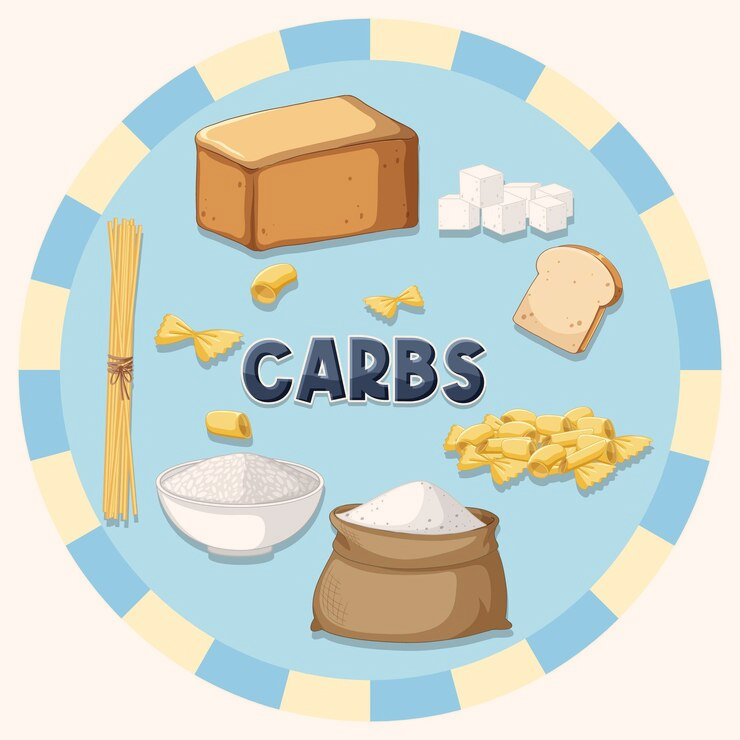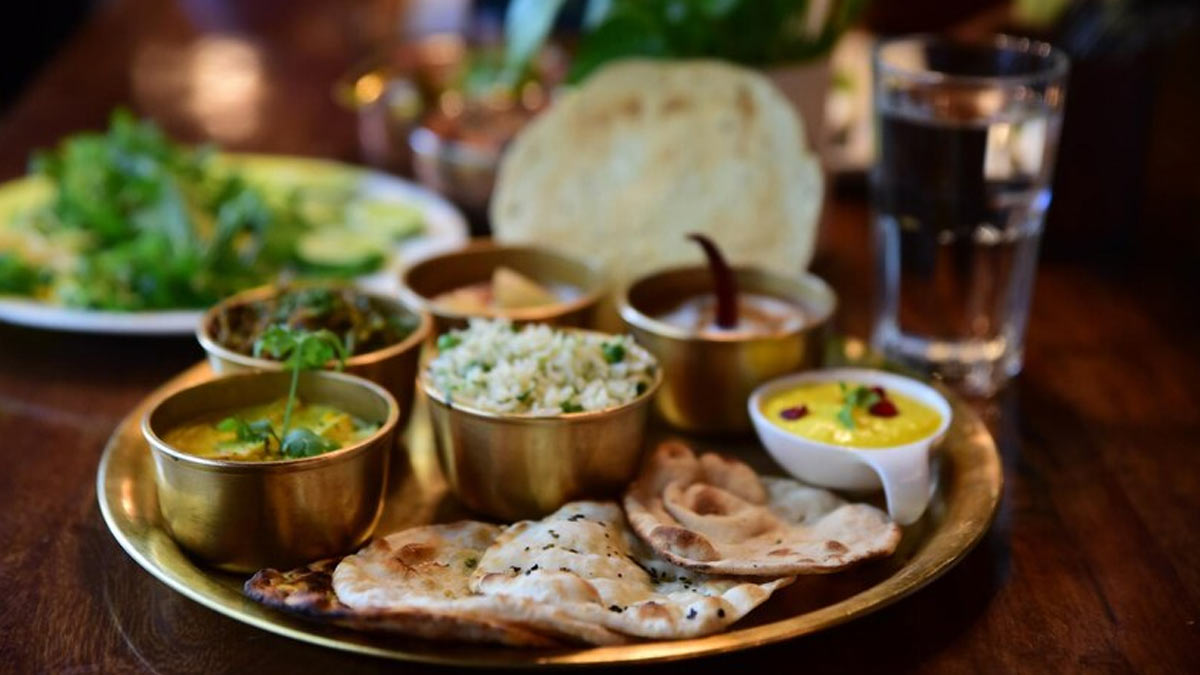In the world of social media, we’re bombarded with all kinds of new diet trends—whether it’s about shedding a few kilos, getting glowing skin, or boosting overall health. It seems like every time we scroll through social media, there’s another influencer or fitness guru telling us what to eat and what to avoid. Often, our traditional meals get the short end of the stick, labeled as “unhealthy” or “old-fashioned.” But is that really the case? Are the meals our grandmothers and great-grandmothers lovingly passed down to us really causing harm?
Dr Sharwari Sudhir Dabhade, Consultant Physician, Endocrinologist, MD Internal Medicine, New Delhi, at Poshan Summit 2024, busted some myths on traditional diet being unhealthy during a panel discussion.
The Influence of Social Media on Dietary Choices

Dr Dabhade points out that much of the confusion around traditional meals stems from social media’s influence on our eating habits. “You’re more influenced by what is put up on social media but not what our body needs,” she says. The rise of fitness influencers and celebrities promoting restrictive diets has led many to believe that our traditional foods, such as wheat, rice, and lentils, are inherently unhealthy.
While it’s essential to adapt to our body’s needs and modern lifestyle, dismissing centuries-old food habits based solely on social media trends can be problematic. Our ancestors consumed these meals for a reason—because they were rich in nutrients and well-suited to local climates and available resources.
Also read: Here’s How Traditional South Indian Dishes Rich In Probiotics Can Boost Your Gut Health
The Real Issue: Processed Food, Not Tradition

A lot of people these days point fingers at wheat and rice, labeling them as “unhealthy carbs” that we should avoid. But as Dr Dabhade points out, the problem isn’t with these grains themselves. “Wheat and rice have been consumed in India for ages. The problem started when these foods began being processed,” she explains.
It’s the refining process that’s the real culprit. When wheat and rice are processed, they’re stripped of their natural fibers and nutrients, leaving us with polished versions that lack the wholesome benefits they once had. Think about it—what we eat today is often far removed from what our grandparents ate. We’ve taken these nutrient-packed grains and turned them into overly processed, polished versions that barely resemble their original form.
Instead of ditching wheat and rice altogether, Dr Dabhade suggests opting for whole-grain or unprocessed versions, like brown rice or whole wheat flour. These choices offer a balance of fiber, vitamins, and minerals that are important for our overall health. So, it’s not about abandoning tradition, but rather getting back to the roots of what these grains were originally meant to be.
Also read: Ragi, Jowar, Or Wheat: A Dietician’s Guide To Choosing The Healthiest Roti
Carbs Aren’t the Villain, and Gluten Isn’t Always Bad

Many people have started avoiding carbohydrates, particularly gluten, under the belief that they cause weight gain, bloating, or other health problems. According to Dr Dabhade, this mindset is more of a trend than a fact. “Carbohydrates or the Indian diet is not the only problem. Other factors contribute too. A lot of people stay away from gluten because influencers have said it, but it is not the truth.”
Carbohydrates, including gluten-rich foods, are essential for energy, digestion, and overall well-being. Avoiding them without a medical reason can lead to nutrient deficiencies and unnecessary food restrictions.
Conclusion
Traditional Indian meals are not the root cause of modern health issues. The real problems lie in the adulteration of these foods and the influence of social media on our dietary choices. Instead of following every new diet fad, it’s essential to focus on balance, moderation, and consuming whole, unprocessed foods that suit our individual needs. Dr Dabhade’sinsights remind us that our traditional meals, when consumed mindfully, can still provide the nourishment our bodies need.

